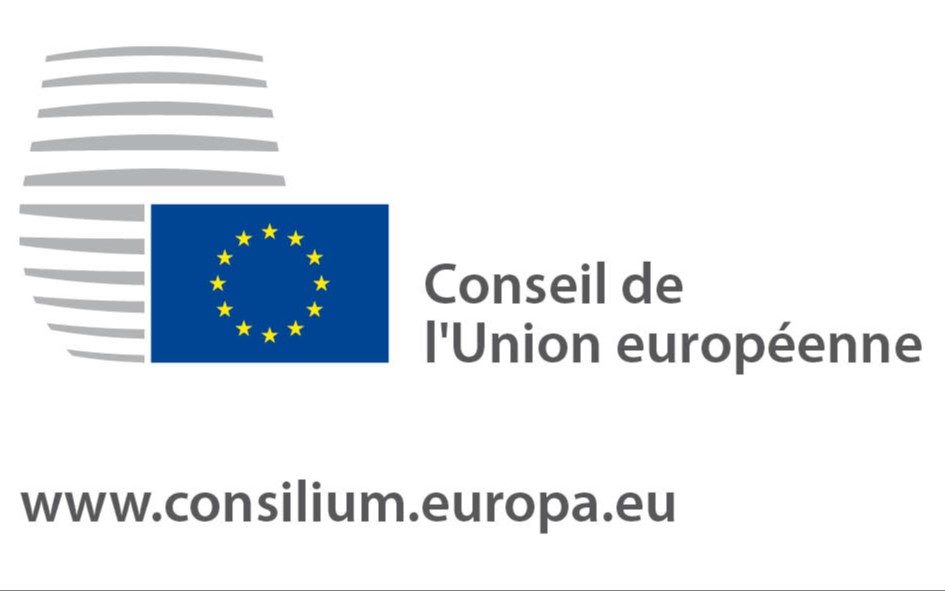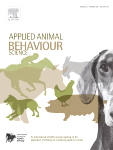Document type: Information note 5346/23 of the General Secretariat of the of the Council of the European Union
Authors: General Secretariat of the Council of the Union
Preview: For sustainable use of the seasonal resources of natural pastures, some animal productions, namely cattle and sheep, are also seasonal. So, it is essential, given the concentration of supply in certain periods, to ensure the transport of animals within the EU and/or to nearby third countries.
Failure to continue this facilitation will have an unintended consequence of impacting overall animal welfare negatively. For example, citizens in nearby third countries will be obliged to source animals from likely more distant non-EU suppliers with less developed animal welfare provisions.
In parallel, whenever possible, alternatives to the transport of live animals should be pursued, such as the transport of meat or genetic material, which given their complexity, these alternatives should be well supported. The lack of a cold chain capacity in many developing countries is just one well- recognised limiting factor to the transport and distribution of meat.
Besides, at the international level, it is worth mentioning the technical item on the long-distance transport of live animals, discussed at the 30th Conference of the WOAH Regional Commission held in early October in Catania (Italy). This technical item led to the adoption of a recommendation. The adopted recommendation includes the principle of prior notification of the country of destination, which would help facilitate relations with third countries where animals are exported. A network of national contact points for animal transport is gradually being set up, specifically in the European region.
We believe that Member States and COM should continue to work towards improved implementation and enforcement of EU legislation and share with third countries our expertise and knowledge to improve animal welfare globally. We call on the COM to propose legislation that will ensure higher animal welfare transport throughout the single market and for exports to third countries.






